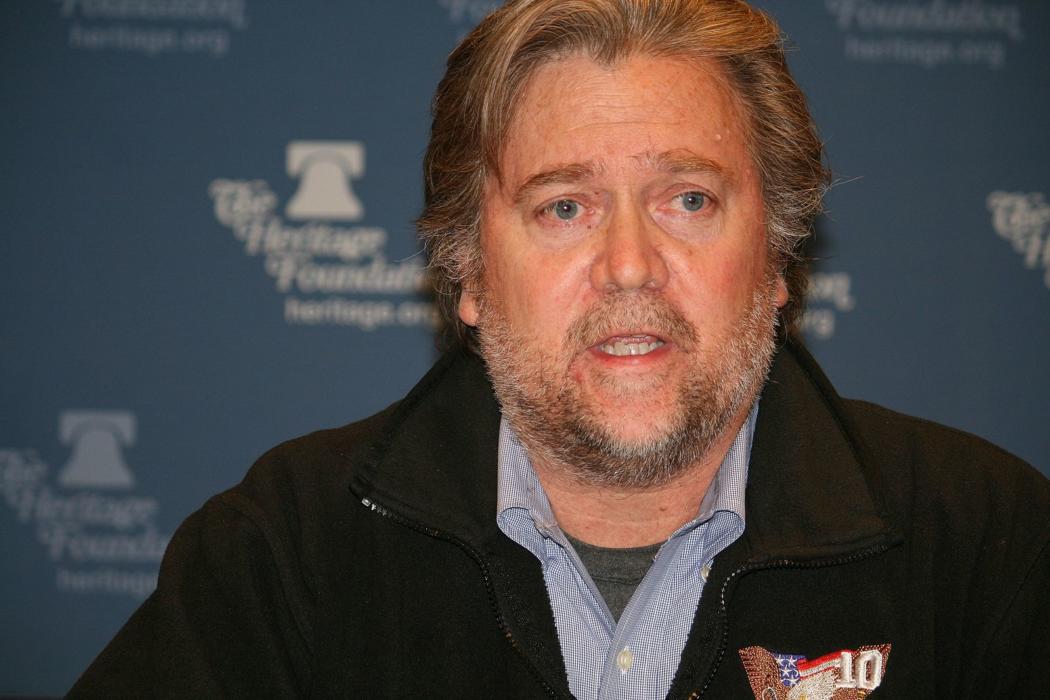Yesterday Donald Trump said that his administration is running like a fine-tuned machine. Based on what we all know, that was a completely delusional statement. Let’s take a look at what is actually happening with the foreign policy apparatus and see how chaos is being used to empower ideologues.
Even before Michael Flynn resigned, the New York Times reported that the National Security Council was in turmoil.
These are chaotic and anxious days inside the National Security Council, the traditional center of management for a president’s dealings with an uncertain world.
Three weeks into the Trump administration, council staff members get up in the morning, read President Trump’s Twitter posts and struggle to make policy to fit them. Most are kept in the dark about what Mr. Trump tells foreign leaders in his phone calls.
Yesterday we learned that Trump’s pick to replace Flynn, retired Navy Vice Adm. Robert Harward, turned down the job after negotiations that would have allowed him to be in charge of staffing failed. Here’s how one of Harward’s confidants characterized the situation to Jake Tapper.
A friend of Harward’s says he was reluctant to take NSA job bc the WH seems so chaotic; says Harward called the offer a “shit sandwich.”
— Jake Tapper (@jaketapper) February 17, 2017
Beyond the NSC, the State Department has traditionally played a crucial role in establishing foreign policy. A few weeks ago we learned that the entire senior management team there either resigned or were fired. Apparently the purge continues.
While Rex Tillerson is on his first overseas trip as Secretary of State, his aides laid off staff at the State Department on Thursday.
Much of seventh-floor staff, who work for the Deputy Secretary of State for Management and Resources and the Counselor offices, were told today that their services were no longer needed.
These staffers in particular are often the conduit between the secretary’s office to the country bureaus, where the regional expertise is centered. Inside the State Department, some officials fear that this is a politically-minded purge that cuts out much-needed expertise from the policy-making, rather than simply reorganizing the bureaucracy.
As Julian Borger reports, even Secretary of State Rex Tillerson is being left out of the loop.
Since starting the job two weeks ago, Tillerson, a former ExxonMobil executive, has soothed nerves at the state department by consulting widely with regional and country experts, but it has been hard to disguise the gap between the department headquarters at Washington’s Foggy Bottom and the White House where far-reaching foreign policy decisions are being made.
Senior state department officials who would normally be called to the White House for their views on key policy issues, are not being asked their opinion. They have resorted to asking foreign diplomats, who now have better access to President Trump’s immediate circle of advisers, what new decisions are imminent.
As has been reported, Tillerson was not consulted about the president’s travel ban and apparently there was not a single State Department official included in the White House meetings with Israeli Prime Minister Benjamin Netanyahu this week. In summary:
There are clear signals being sent that many key foreign policy portfolios will be controlled directly by the White House, rather than through the professional diplomats.
Thomas Countryman, former assistant secretary of state for international security and nonproliferation, absolutely nailed what is going on.
My nagging suspicion is that the White House is very happy to have a vacuum in the under-secretary and assistant secretary levels, not only at state but across government agencies, because it relieves them of even feeling an obligation to consult with experts before they take a new direction.
With both the NSC and the State Department in chaos and out of the loop, who’s in charge of foreign policy? No surprises there. It’s the same guy that got himself a seat at the NSC table with an executive order the president didn’t even read.
The NSC itself is being bypassed on key decisions by a small group of highly ideological advisers around Trump led by his chief strategist, Steve Bannon, a former Breitbart News executive with ties to the far right.
This is why, for Steve Bannon, chaos is a feature – not a bug. While everyone else is either running around putting out fires or left out of the loop entirely, he is operating quietly behind the scenes, pulling the strings to implement an ideologically-driven foreign policy that is uncorrupted by pesky things like facts and expertise.



